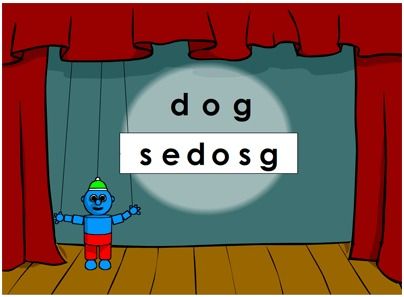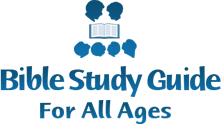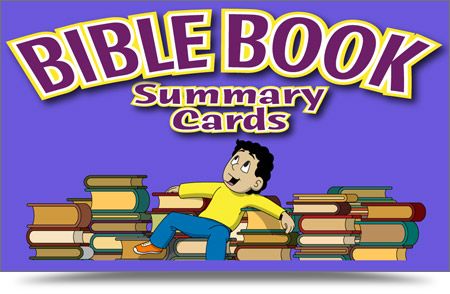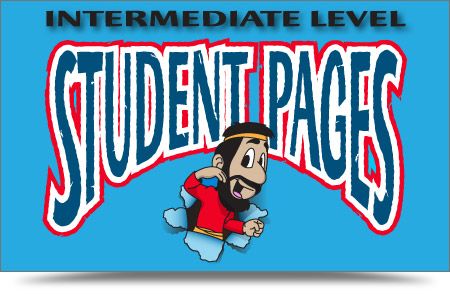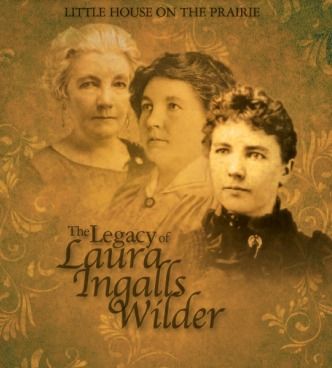Last September, we reviewed Reading Kingdom - an online reading and writing program (you can read about it here), and it went pretty well. When the opportunity arose this time around, I thought it might be interesting to review it again to see how Julianna had progressed in the program.
Reading Kingdom was created by Dr Marion Blank, the Director of the Light on Learning Institute at Columbia University. From the Reading Kingdom website:
Current reading education typically teaches a phonics approach, a whole language approach, or a combination of the two. But the simple fact is that the vast majority of words in the English language cannot be sounded out. This is true even in a classic phonics book such as Dr. Seuss' "The Cat in the Hat" which begins with:
The sun did not shine. It was too wet to play.
So we sat in the house all that cold, cold wet day.
In this text only 8 of 23 words (the bolded words) can be sounded out. The other 15 (or 65% of the total) cannot. In order to overcome the problems inherent in sounding out, phonics relies on children memorizing almost 600 rules, such as the "silent e" rule, the double vowel rule, the consonant combination rule and on and on. Remembering nearly 600 rules is impossible for a child - or even an adult for that matter. What's worse is that the rules themselves are riddled with exceptions. For better or worse, in English, irregularity is the rule. To put it simply, if phonics worked as advertised to teach a child to read it would be spelled "foniks".
Whole language has had even poorer results. It provides very little structure for learning and as a result, children are overwhelmed with unfamiliar words and sentence structures - and reading failure often ensues.
Reading Kingdom uses a 6 skill model of reading instruction (sequencing, motor skills, sounds, meaning, grammar and composition) that incorporates elements of phonics and whole language while teaching additional skills required for reading and writing success without requiring kids to learn any complicated rules.
By focusing on these skills, Reading Kingdom teaches a children 4-10 years old how to read and write on a third grade level.
When you begin the program, your child will complete an assessment to place them at the appropriate level. There are 6 levels to work through - Letter Land, Reading and Writing Levels 1-5. Once the child is placed in their level, they will work sequentially through the program.
My musings:
I still like the Reading Kingdom program and think it works okay for Julianna. I decided to continue at the level she ended the last time (Level 3). I had asked that she be bumped up a level (to Level 3) at the end of our last review because I felt she was getting bored and frustrated at the lower level. Beginning this time, I had thought about doing a reassessment, and in hindsight maybe I should have, but we continued with this level. We're plodding through and she's doing well, but recently it has been with more complaining. Each lesson tends to be similar in the activities that are done and I think a varied approach might keep her attention better. She makes silly mistakes because she's just trying to rush through.
Pros of the program:
* Julianna can work on the lessons independently.
* Progress reports for each reader are sent (periodically by email) to the parents/teacher. You can also sign onto the program and download a report at anytime.
* Teaches keyboarding skills.
* A progress meter (with the percentage completed of the level and program) is shown after each lesson.
Cons of the program:
* While the progress reports are nice, it doesn't really give me a "real world" level that Julianna is currently working at. For example, she is working at Level 3, with an excellent performance, but what does that equate to? Completing the program is supposed to have the child reading/writing on a 3rd grade level. I would like an equivalent score for the current progress - Level 3 is a Grade X level, etc. I know as a homeschooler I'm not supposed to care about grade levels and such, but I do. I don't have any other children to compare her too, so I would like the grade references.
* I cannot for the life of me figure out how to get the actual keyboard to work with the program! I'm sure this is just a glitch on my part. The mouse and keypad work fine, but it would be great if the keyboard could be used as well. I probably missed something during the setup.
* The subscription is kind of expensive. They offer a free trial (see details below), but then you have to pay a monthly or yearly subscription. Subscription scholarships are available.
Overall, I still really like the Reading Kingdom program and we will continue (I'm sure some days kicking and screaming) using it through completion. She's over halfway there. Woohoo!
If you have a child in the 4-10 year old range that may be starting out in their reading journey or may just need a little extra support in reading/writing, check out Reading Kingdom.
When you sign up for the Reading Kingdom, you receive a free 30 day trial. After that, subscriptions to Reading Kingdom are $19.99/month (with no monthly minimum), or $199.99 per year (20% off). Additional children in your account get 50% off ($9.99/month or $99.99/year). You can cancel your subscriptions at any time.

